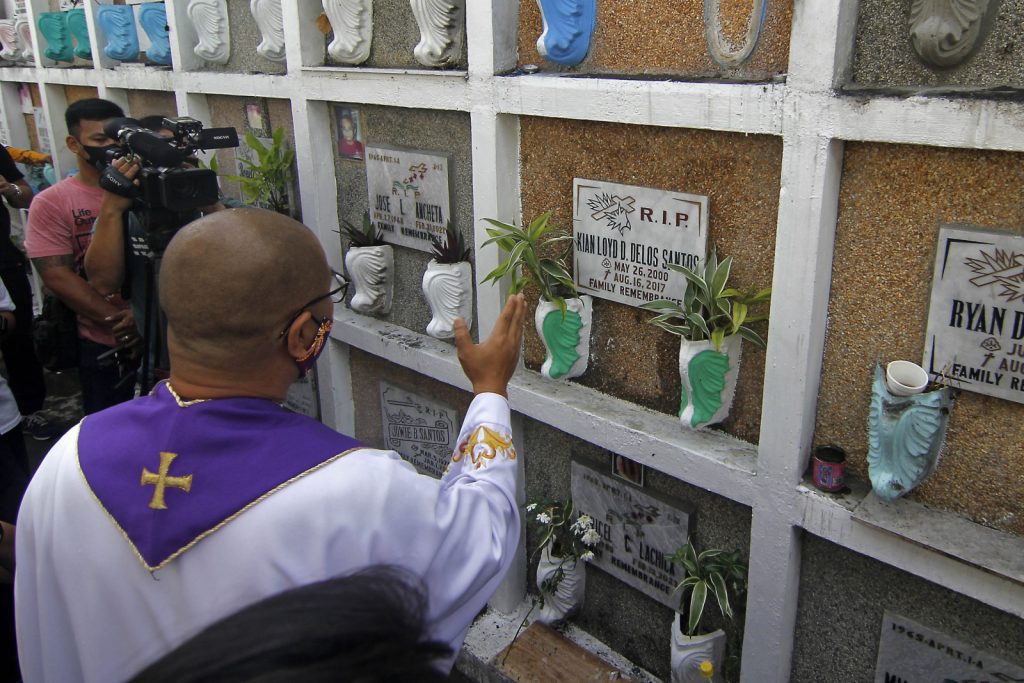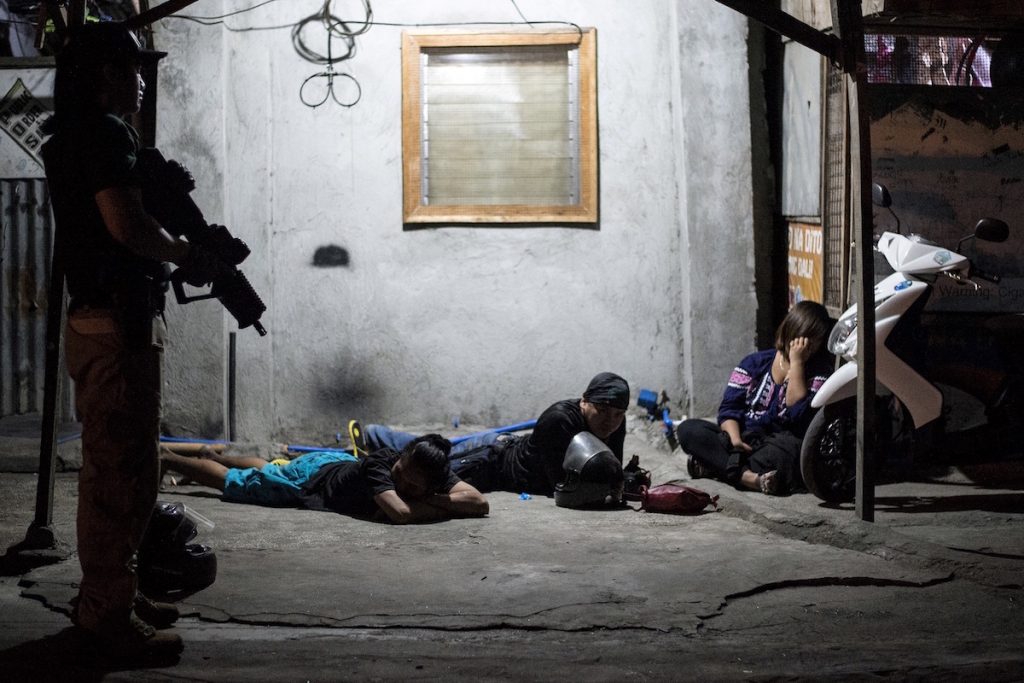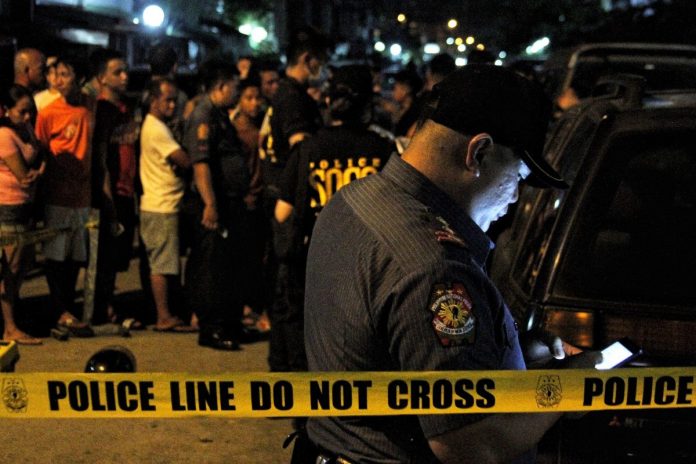Human Rights Watch (HRW) on Monday urged the United Nations Human Rights Council to adopt a “strong resolution” addressing what it described as “the dire human rights situation in the Philippines.”
The UN body opened its 51st session on September 12.
In a policy paper submitted to UN member states, HRW said “extrajudicial killings” in the Philippine government’s “war on drugs” still occur on a regular basis.
Dahas, a program of the Third World Studies Center of the University of the Philippines, has reported 72 drug-related killings after President Ferdinand Marcos Jr. took office on June 30.
Official government figures indicate that the police killed 71 people since August 2021, bringing the total number of killings reported by the police between July 2016 and May 2022 to 6,252.
HRW said in a statement that Marcos “has not repudiated abuses in the ‘drug war,’ which he said he would continue.”
“UN member states should not be fooled by the baseless claims from the new Philippine government that the rights situation has suddenly improved,” said Lucy McKernan, Geneva director at Human Rights Watch.
“Continued UN scrutiny of the Philippines is vitally important because ‘drug war’ killings are still common and police impunity for rights violations remains the norm,” she added.
The Office of the UN High Commissioner for Human Rights calculated in its report to the Council that the death toll in the Philippines’ “war on drugs” was at least 8,663.
Domestic human rights groups and the government’s Commission on Human Rights reported that the real figure of “drug war” killings is possibly triple the number reported in the OHCHR report.
HRW maintained that since the “drug war” began in July 2016 under former president Rodrigo Duterte, “authorities have investigated very few killings implicating the police or alleged government agents.”

Only 12 police officers have been indicted and only one case, the video-recorded murder of 17-year-old Kian delos Santos in August 2017, resulted in the conviction of police officers.
In November last year, the prosecutor of the International Criminal Court was authorized to investigate alleged crimes against humanity in the “drug war.”
The ICC, however, paused the investigation after the Philippines’ Department of Justice provided information to the court claiming that the department was conducting a serious independent review of 52 cases involving the police.
In June, the ICC prosecutor asked the court to allow his inquiry to continue because the Justice department review was insufficient and failed to satisfy the requirements to defer the ICC investigation.
“President Marcos should take immediate steps to improve the human rights situation,” read an HRW report.
The group called for the release of former Senator Leila de Lima, who has been held in police detention for more than six years on drug charges.
HRW also urged Marcos to appoint independent human rights experts as commissioners to the Commission on Human Rights “so that it can investigate and help prosecute human rights violations.”

In 2020, the Human Rights Council passed a resolution that created the UN Joint Program to improve the capacity of Philippine institutions to protect human rights. But more than a year into the three-year program, it is still grappling with organizational and administrative issues, including government actions to thwart the participation of civil society organizations.
HRW said UN member states at the Human Rights Council should recognize that the persistence of the human rights crisis in the Philippines makes it important to adopt a strong resolution during the 51st session.
“The resolution should create expanded human rights monitoring mechanisms and continue the UN Joint Program,” said the human rights group.
“The resolution should explicitly request continued reporting by the OHCHR on the situation in the country,” said HRW.
It added that the resolution should call on Marcos to unequivocally end the “war on drugs” and to prioritize accountability for unlawful killings and other abuses.
“It should urge the government to form a ‘truth commission’ that will gather testimony from witnesses and victims and their families and make recommendations for achieving justice and ensuring payment of reparations,” read the HRW statement.
It also called for a stop to the reported practice of “red-tagging” activists and critics of the government.
“UN member states should make sure they don’t drop the ball on the Philippines and instead strengthen the Human Rights Council’s efforts to improve human rights in the country,” HRW’s McKernan said.
“Filipinos who suffered the most during the Duterte administration are looking to the Human Rights Council to help them achieve justice for themselves and their loved ones,” she added.









